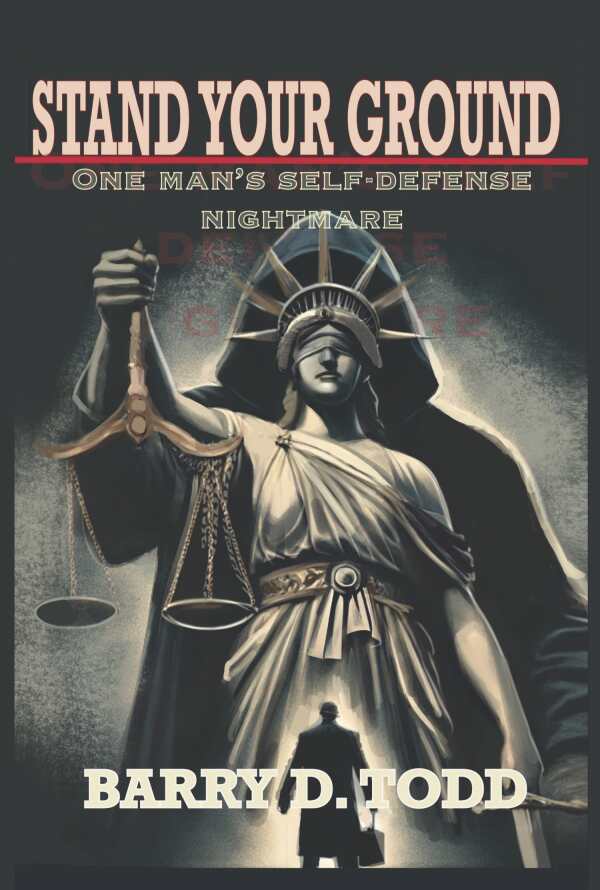Stand Your Ground
One Man's Self-Defense Nightmare
Stand Your Ground is a memoir about personal struggles within the criminal justice system, leading to a call for reform.
Barry D. Todd’s earnest memoir Stand Your Ground is about navigating the flawed criminal justice system in the aftermath of a charge.
Todd was a successful figure in Arizona in February of 2014. He had a financial firm, a family, and an excellent reputation. But then he, his wife, and some friends went out to a bar. There, a man tried to instigate a fight with Todd and behaved in an inappropriate manner toward his wife. The situation escalated. It ended with Todd being injured and his attacker being shot. Todd was arrested and charged despite video evidence that he acted in self-defense. Across the next few years, he worked to clear his name.
Beginning with an overview of Todd’s life before the violent clash, the book addresses his military career and the founding of his business. It then jumps into its coverage of the legal struggles he faced, transitioning between the topics with ease. Later, it works toward concluding arguments regarding changes that could be made to the criminal justice system, drawing on Todd’s experiences as an illustration of its complaints.
While its progression has an intentional quality, though, the book’s prose is uneven. Sometimes reportorial, it includes both direct quotes from court transcripts and winding personal thoughts on the proceedings and settings. The “sterile ambiance” of a probation office is remarked upon, for example, alongside a cliché about frayed nerves. Elsewhere, a reference to Todd’s daughter’s wedding appears, sans additional context. Empathetic scenes arise, but some are belabored, and the overarching tonal clashes are distracting.
Further, on the closing topic of criminal justice reform, the book becomes unwieldy with proposals for changes, including phasing out grand juries because of their supposed lack of transparency, better continuing legal education for prosecutors, removing prosecutorial immunity, and establishing more organizations to support people in their legal battles. Such proposals are not made to flow from Todd’s story in a natural manner, though. Further, the fact that Todd’s story alone is shared in support of them is limiting. As such, the book’s later arguments feel quite tacked on; its personal elements are more compelling on their own merit than they are a convincing illustration of deeper institutional issues.
Stand Your Ground is a revealing memoir about a man’s extended legal struggles and his work to reclaim his life in the aftermath of a shooting in self-defense.
Reviewed by
M. W. Merritt
Disclosure: This article is not an endorsement, but a review. The publisher of this book provided free copies of the book and paid a small fee to have their book reviewed by a professional reviewer. Foreword Reviews and Clarion Reviews make no guarantee that the publisher will receive a positive review. Foreword Magazine, Inc. is disclosing this in accordance with the Federal Trade Commission’s 16 CFR, Part 255.

